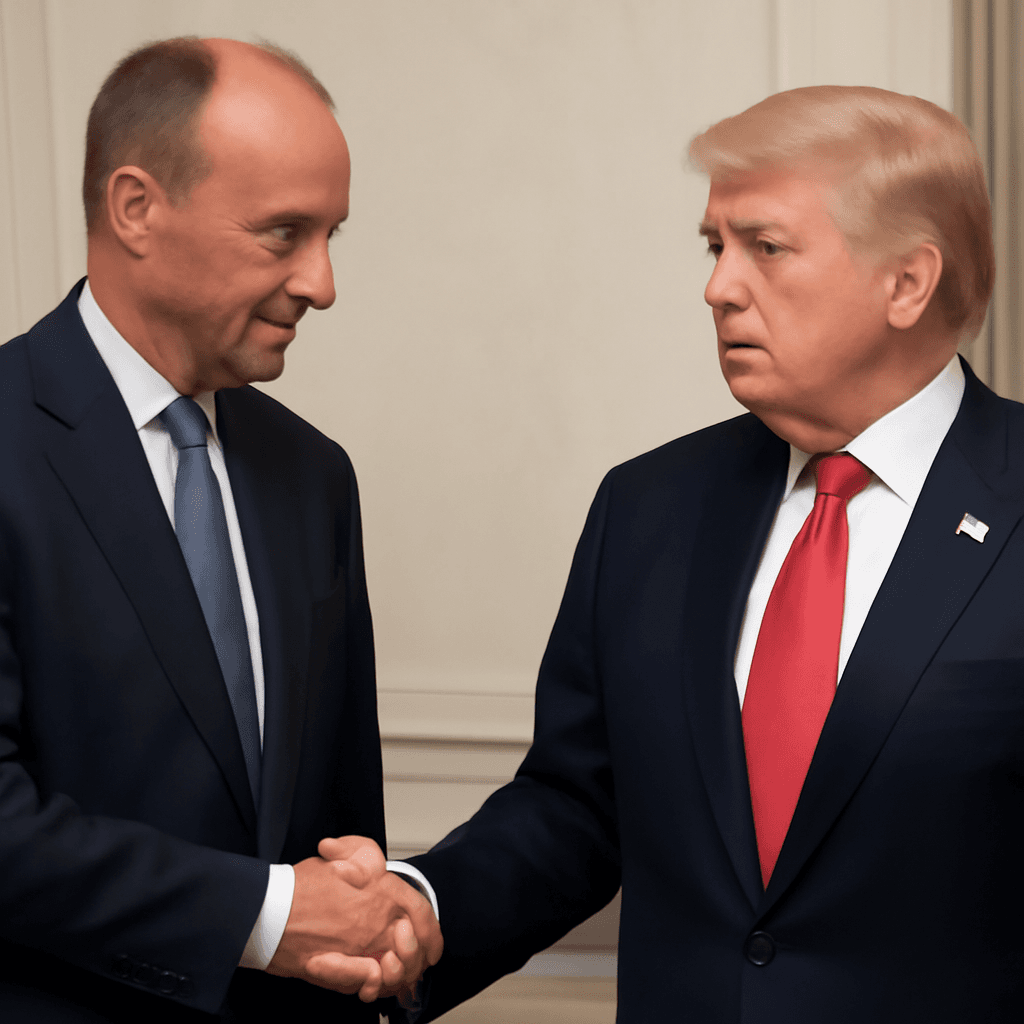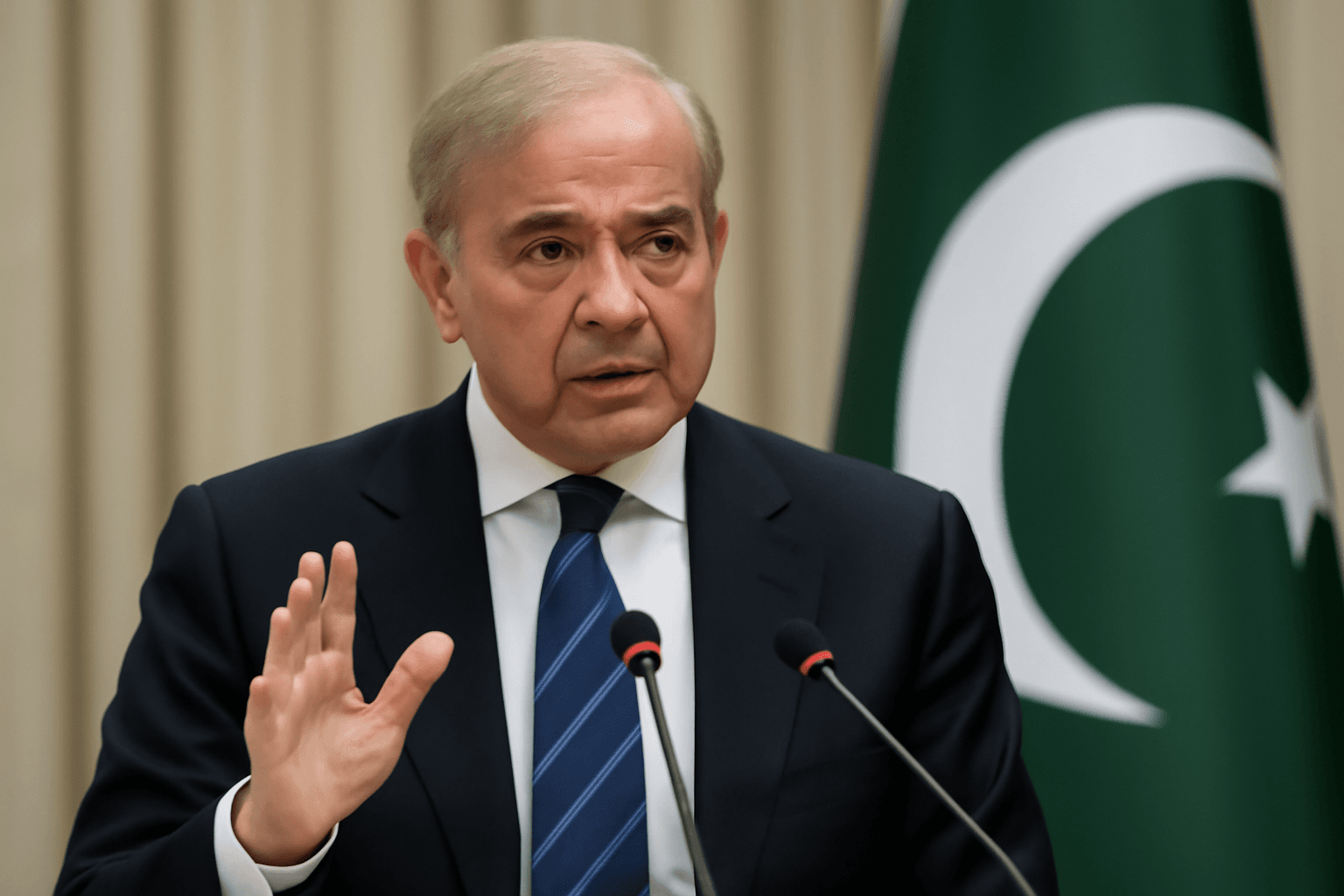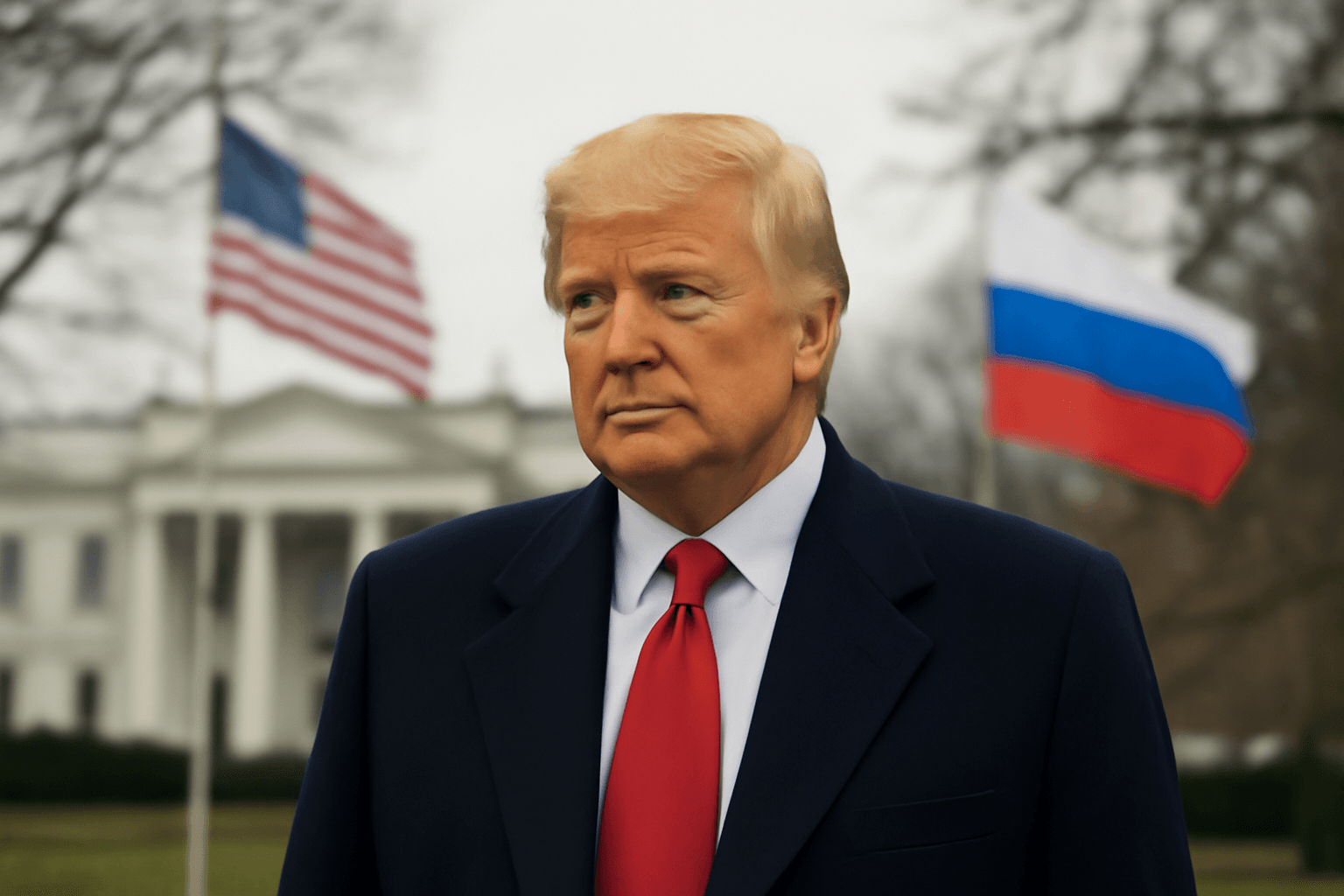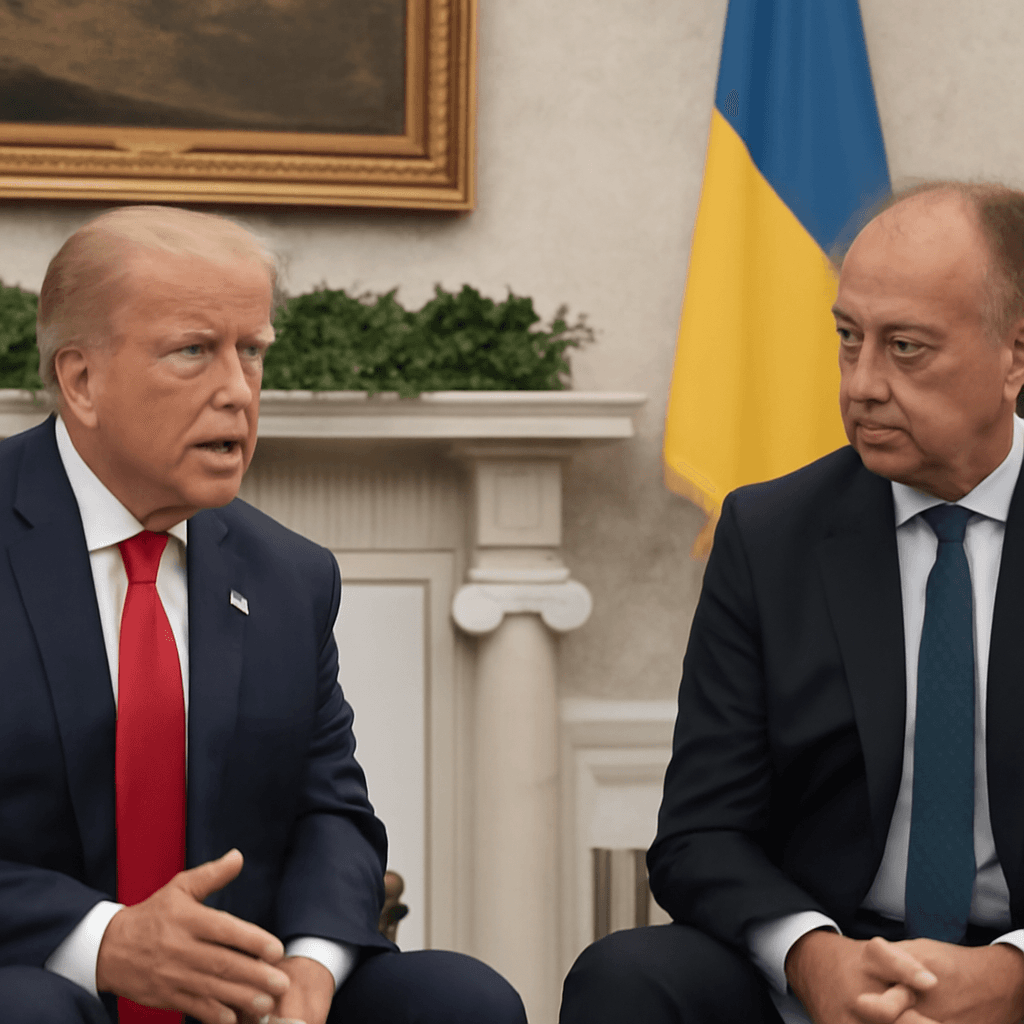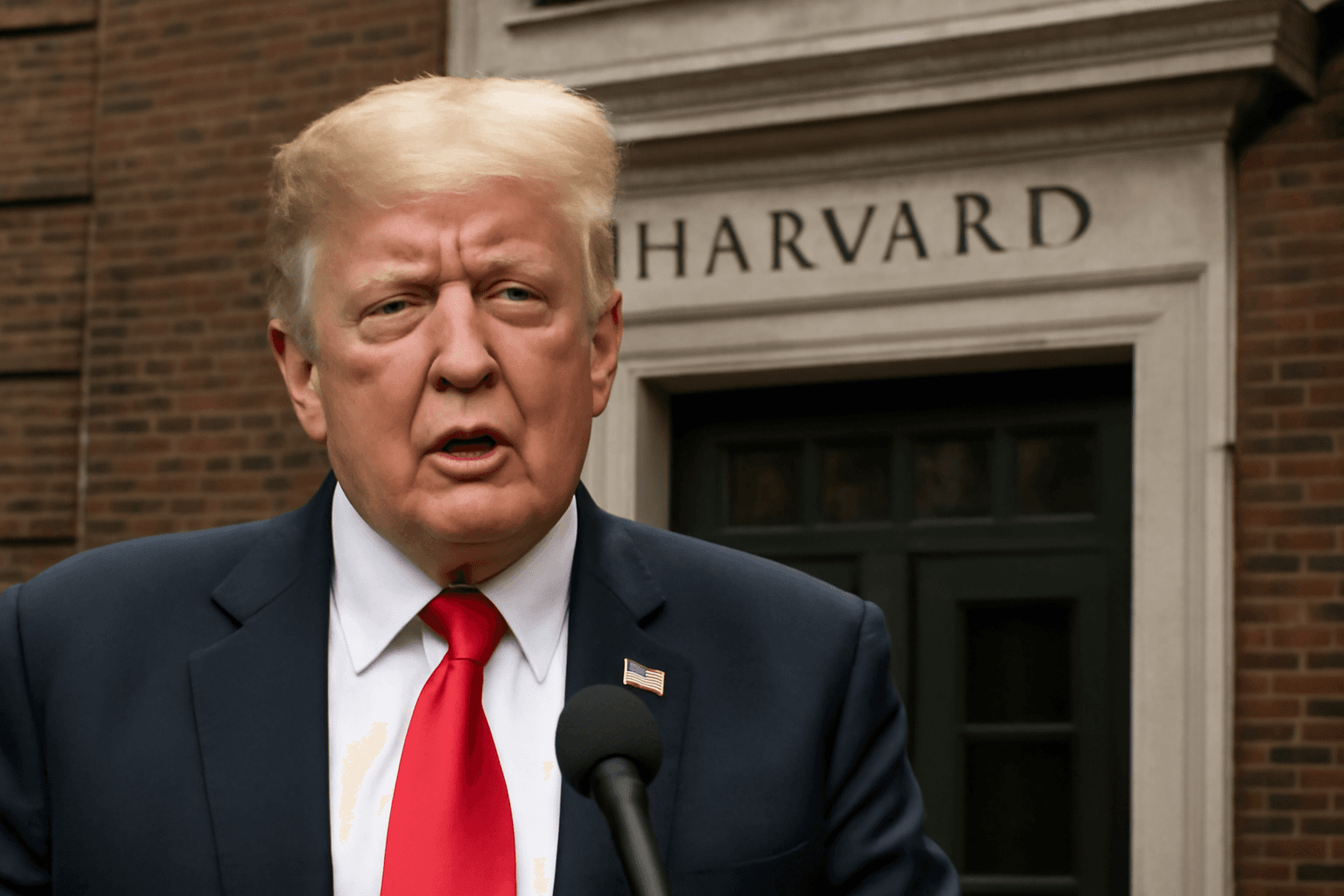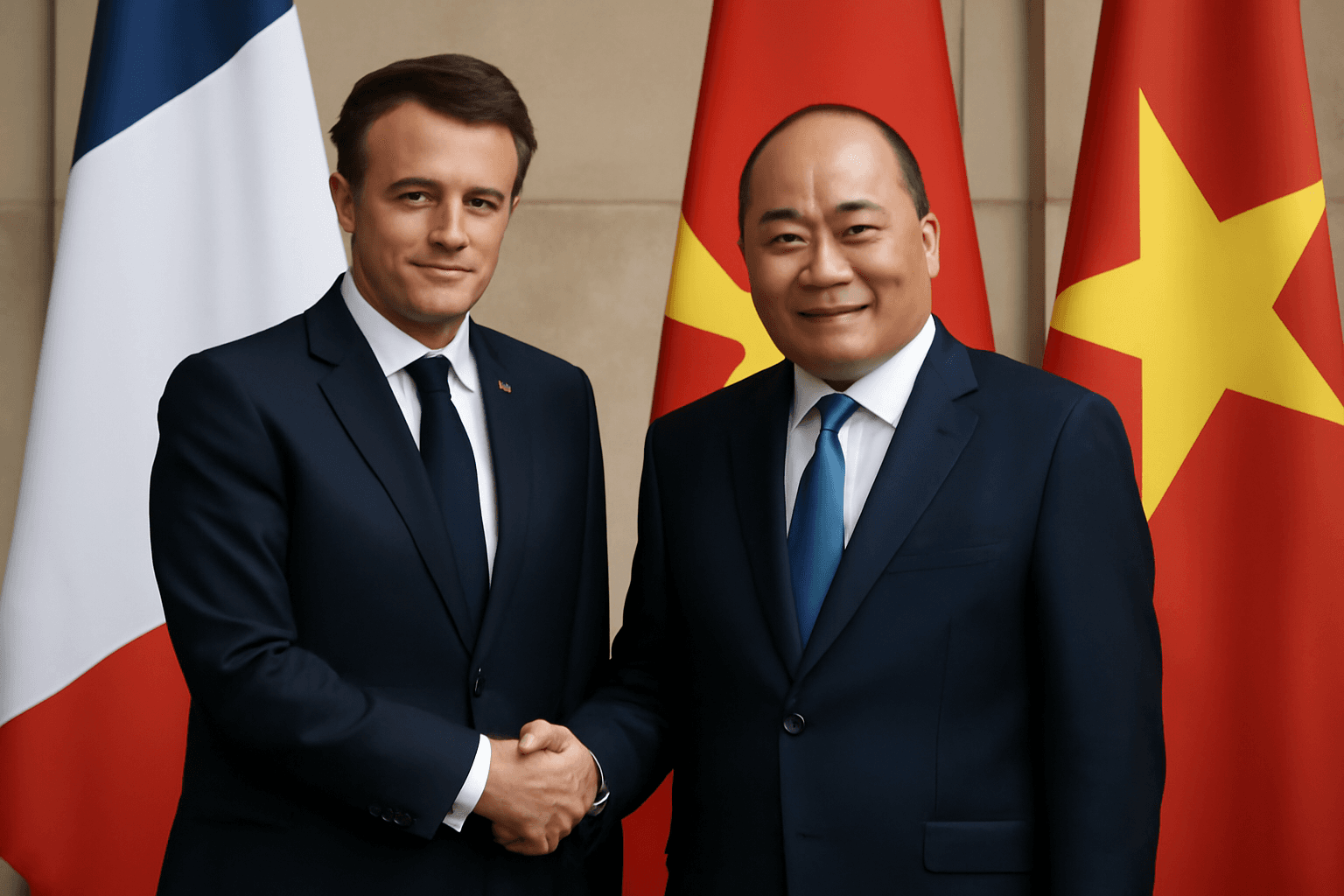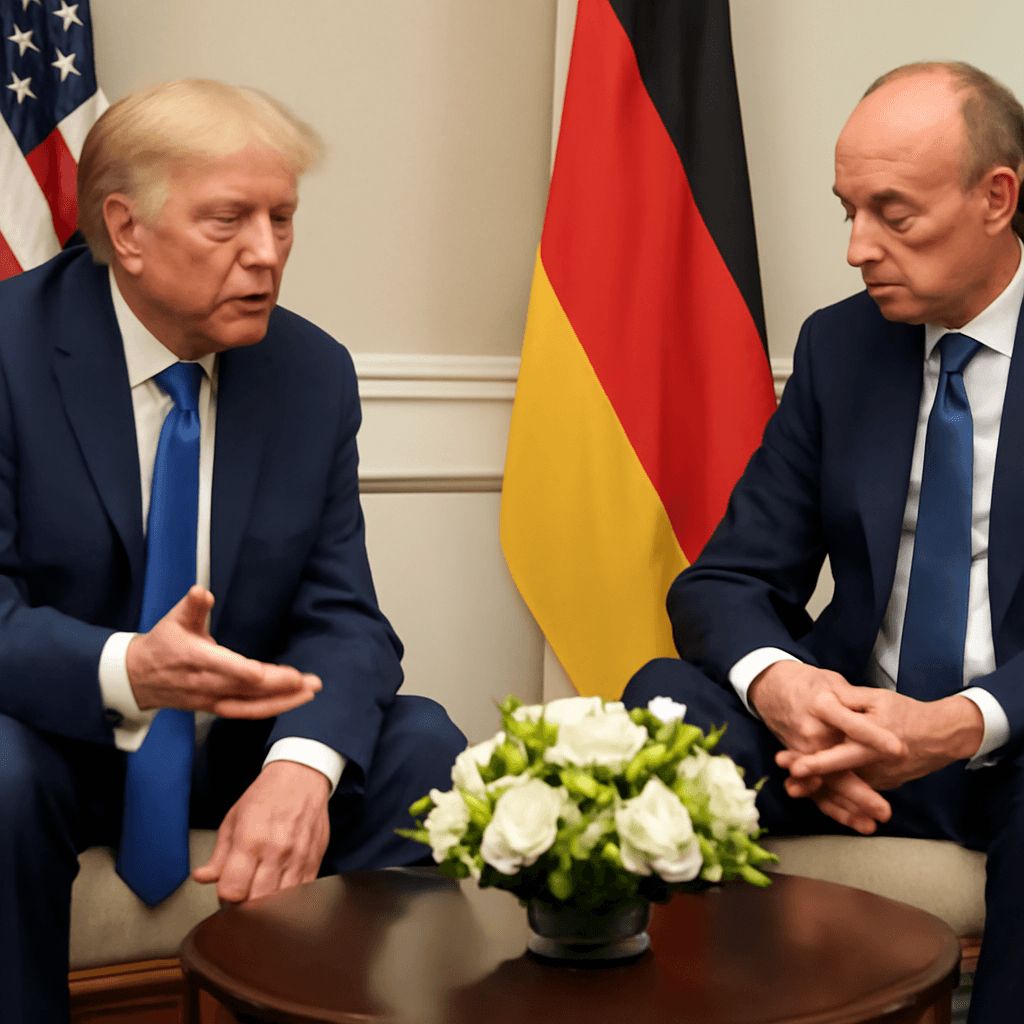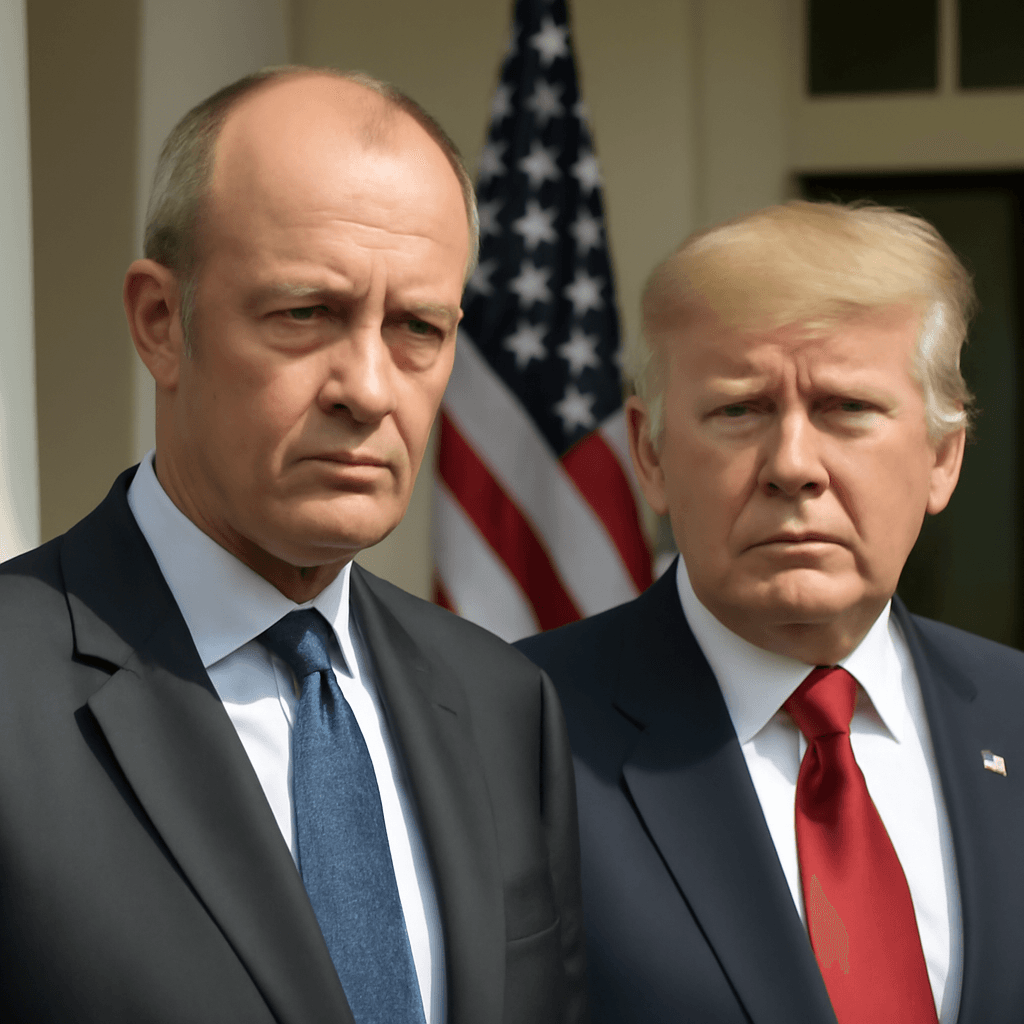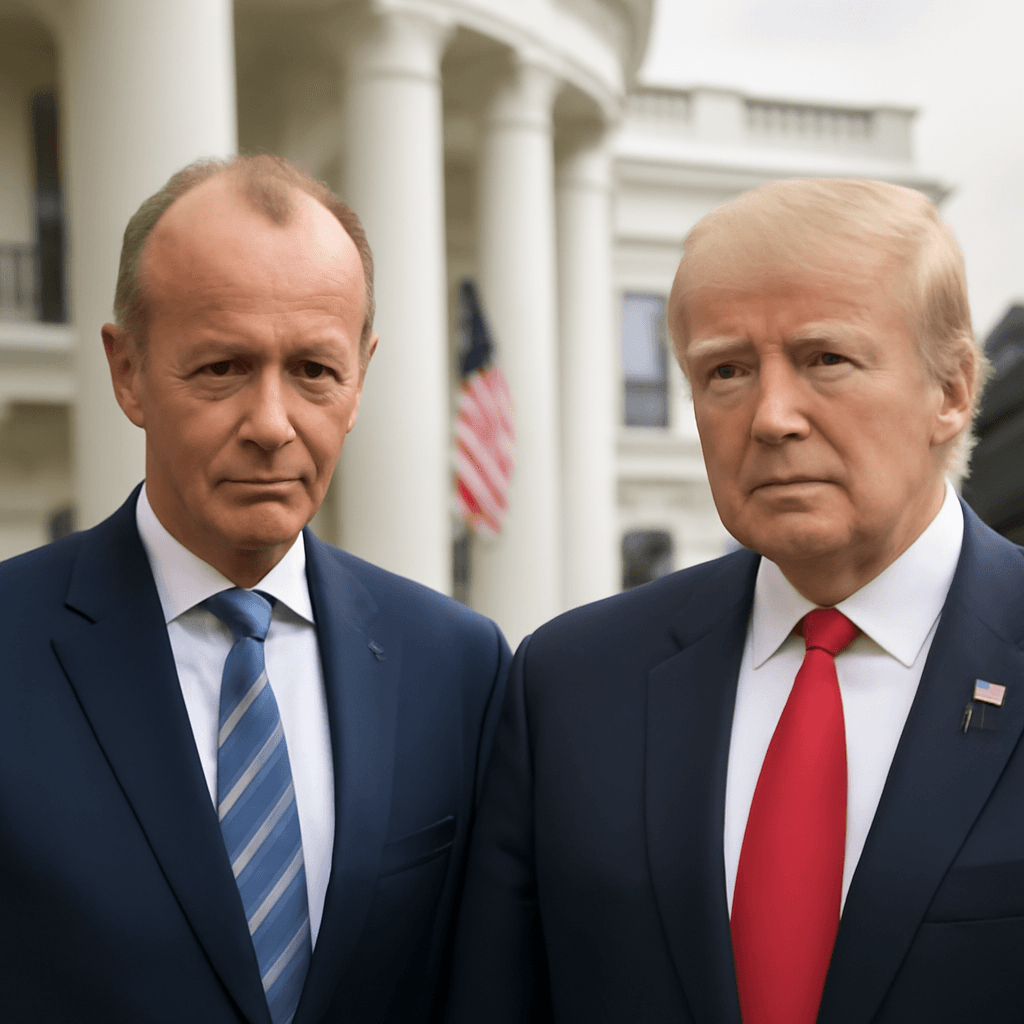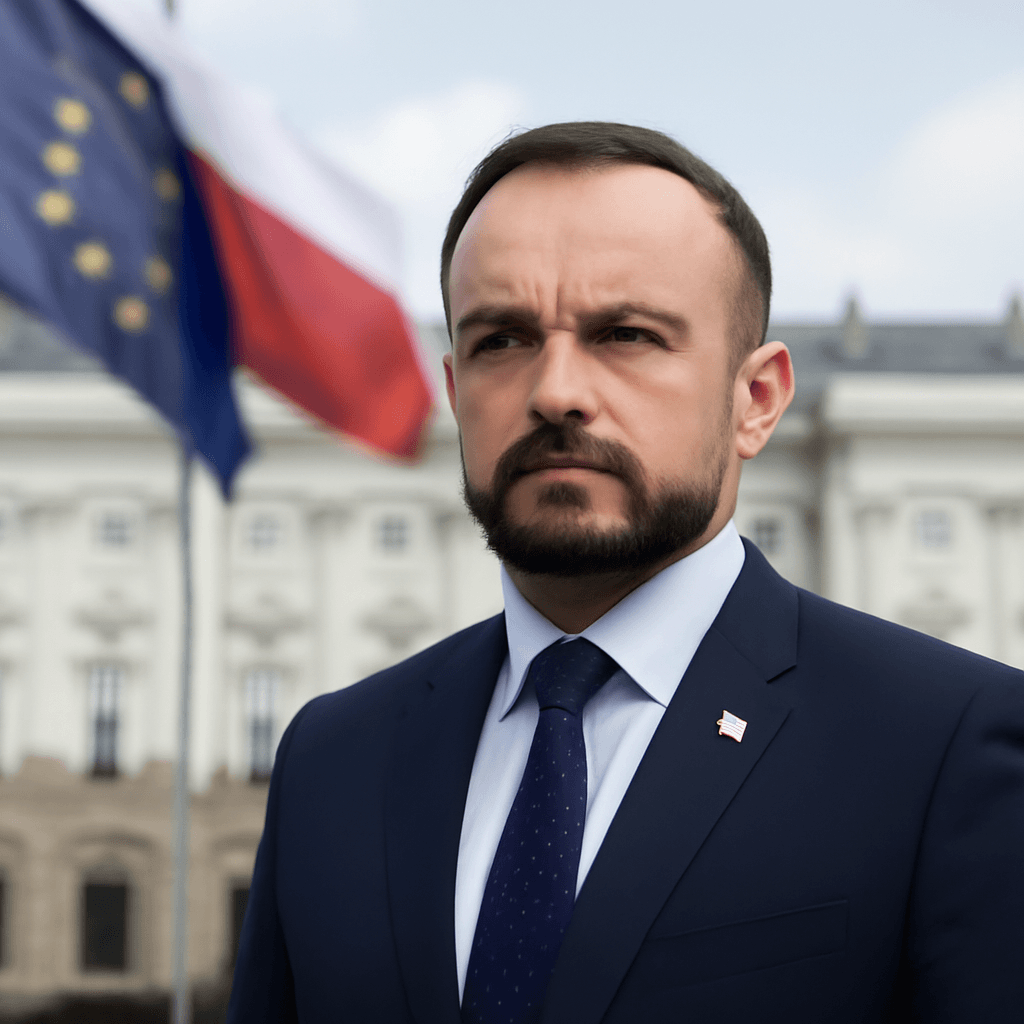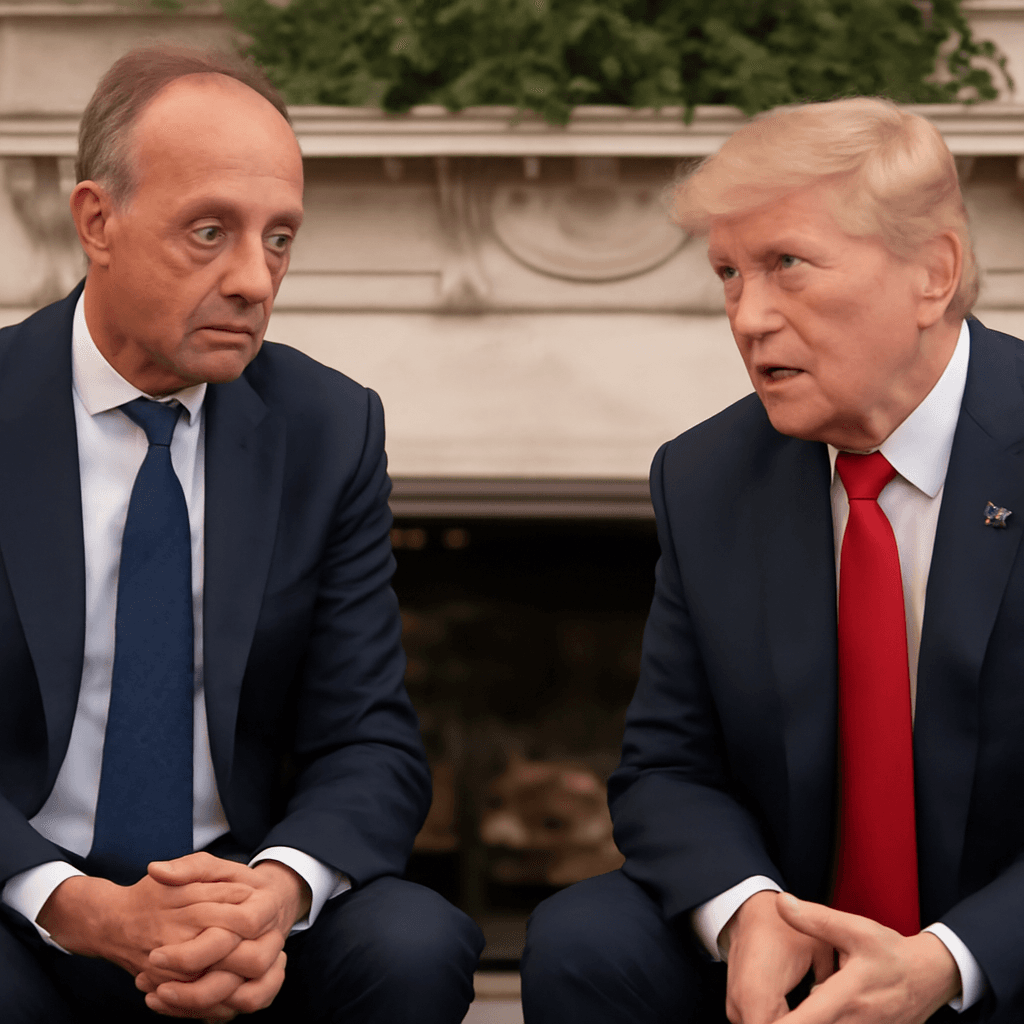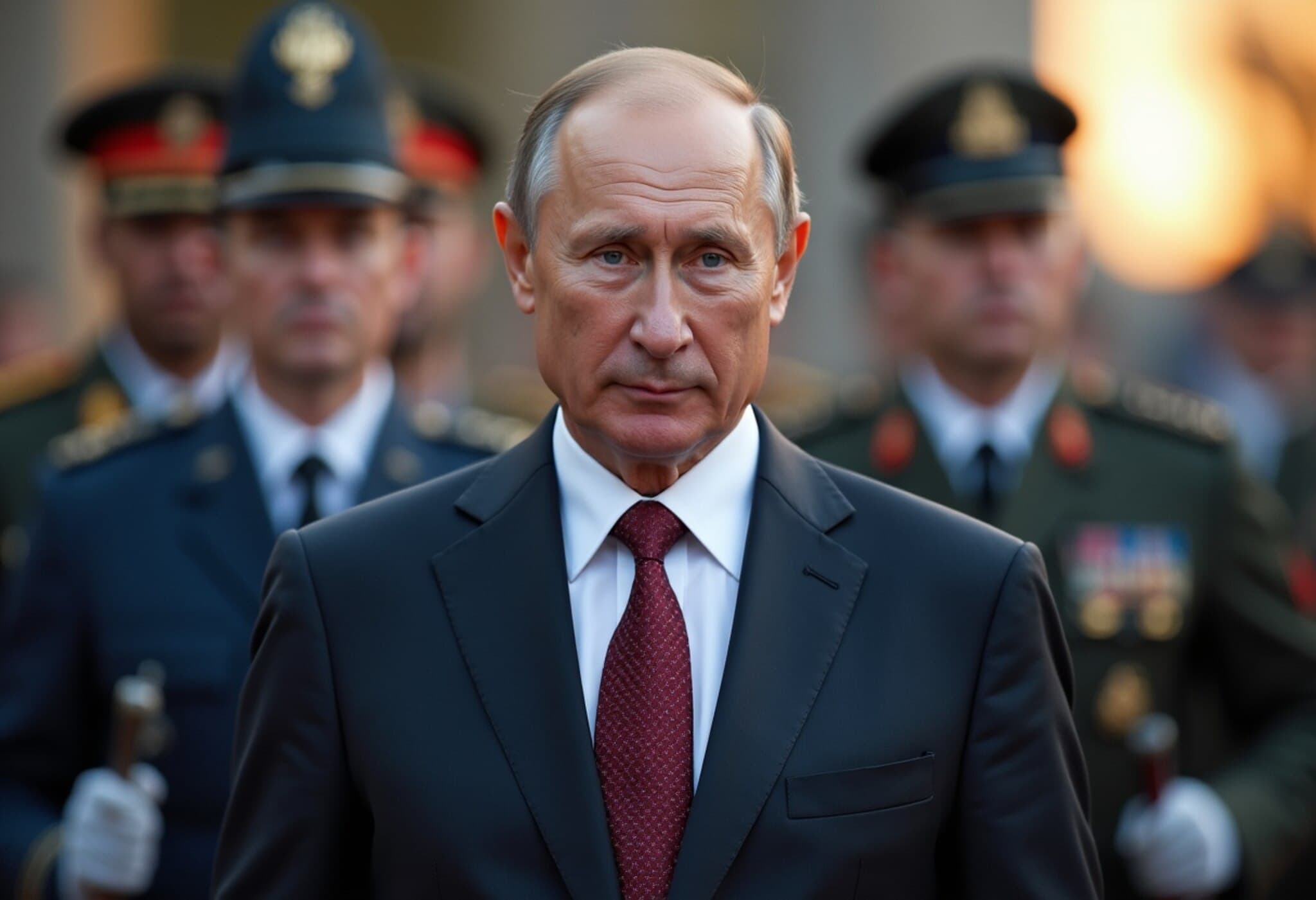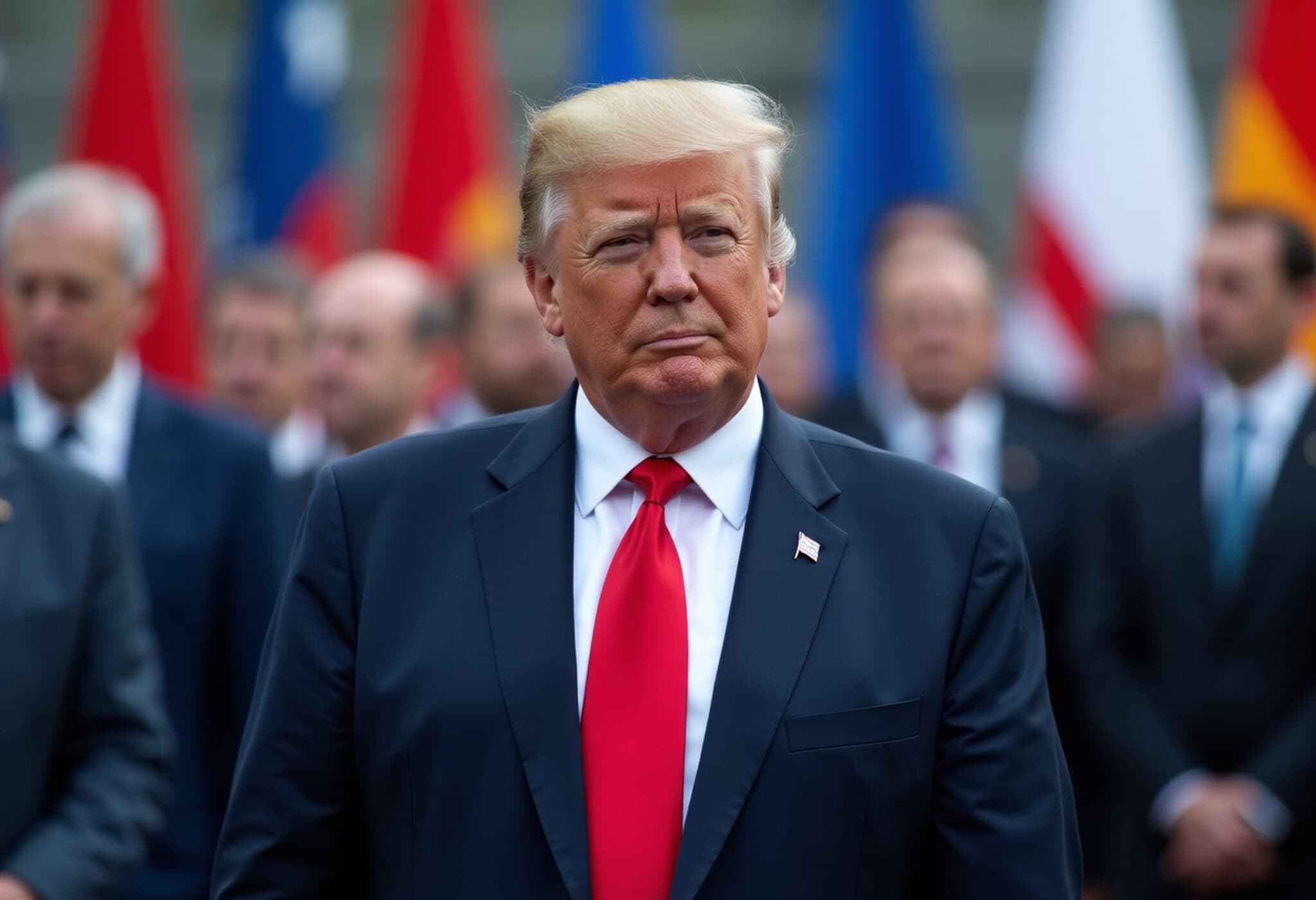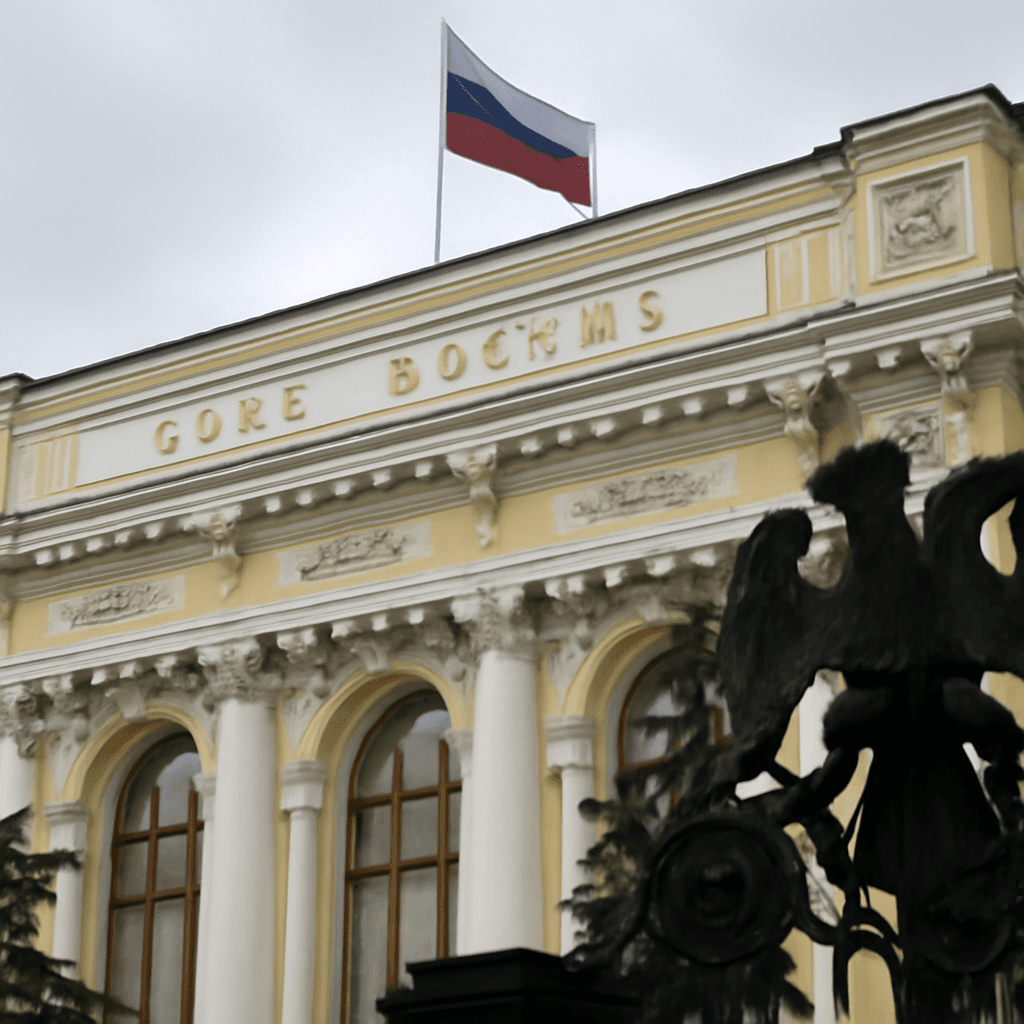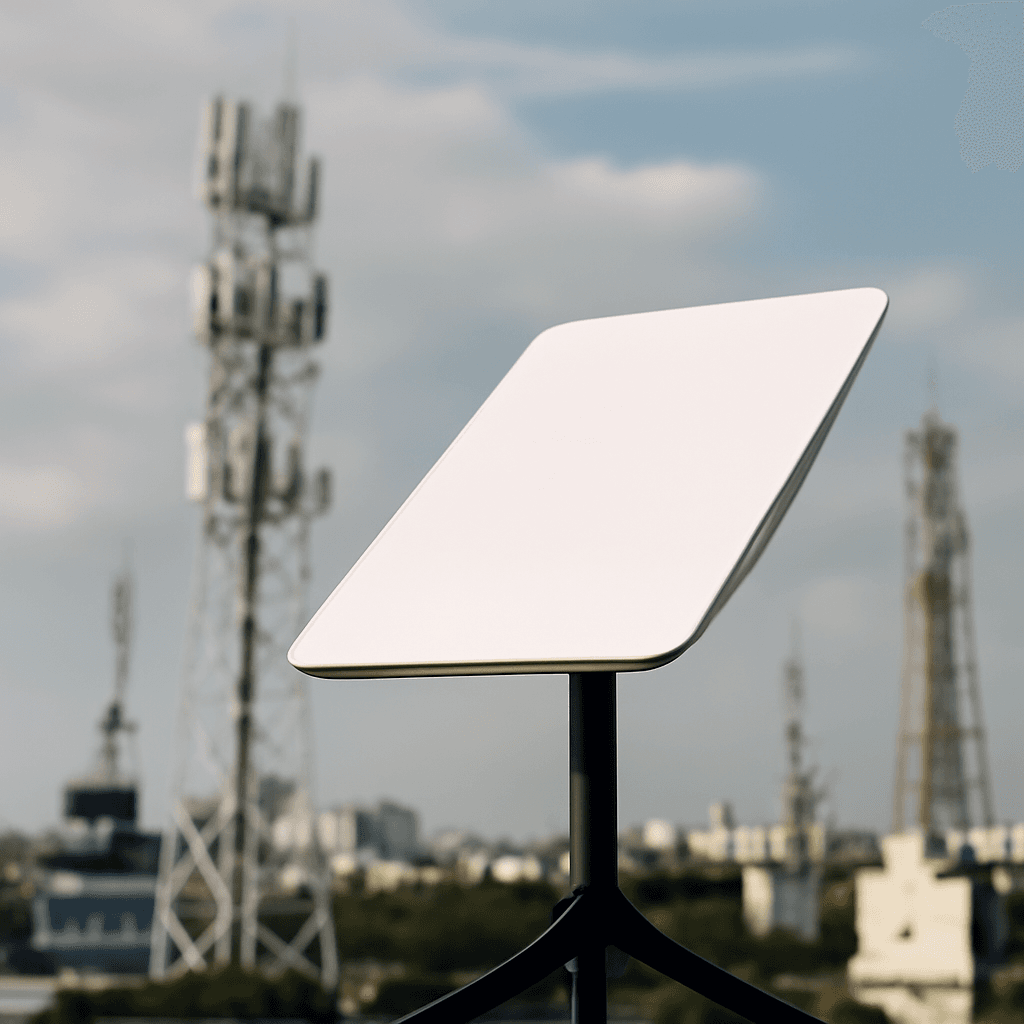Merz’s Visit Overshadowed but Ultimately Successful
German Chancellor Friedrich Merz’s recent meeting with U.S. President Donald Trump in Washington, D.C., was largely overshadowed by intense public drama involving Trump and entrepreneur Elon Musk. However, despite the distraction, Merz’s visit is widely regarded as a diplomatic success.
Analysts suggest that being overshadowed by the Musk-Trump spectacle may have worked in Merz’s favor by diverting attention from more sensitive or controversial topics discussed during the meeting.
A Comprehensive Agenda Addressed
Merz arrived in Washington with a robust agenda, aiming to strengthen U.S.-Germany relations and discuss critical issues including:
- Trade tariffs impacting German industries
- U.S. support for Ukraine amid the ongoing Russia-Ukraine conflict
- Increased NATO defense spending commitments
Although details of the private discussions remain confidential, it is evident that Merz conveyed Germany’s hopes for continued U.S. backing of Ukraine. The visit coincided with heightened international attention on support for Ukraine, especially following significant recent attacks in the region.
Merz emphasized the historical U.S.-Europe alliance, linking contemporary cooperation to the anniversary of D-Day and America’s role in liberating Europe during World War II. This framing served to reinforce the importance of enduring transatlantic partnerships.
Symbolic Gestures and Defense Priorities
Highlighting the personal and historical ties between the two nations, Merz presented President Trump with what he described as the birth certificate of Trump’s grandfather, underscoring familial connections to Germany.
Another key topic was Germany’s recent policy shift allowing for increased defense spending. The German government indicated a commitment to bolstering military budgets, aligning with discussions about NATO members striving towards defense spending targets. This move is significant for transatlantic security cooperation and was a positive point in Merz’s talks with Trump.
Controversial Topics Avoided
Notably, the meeting skirted around the sensitive issue of Germany’s far-right political party, Alternative für Deutschland (AfD), which has been labeled a right-wing extremist organization by German intelligence. The Trump administration had reportedly expressed views on the party, prompting German officials, including Merz, to urge a non-intervention stance from the U.S. The topic was tactfully avoided during the Oval Office discussion.
Positive Outcomes and Future Cooperation
Observers have described Merz’s visit as a “home run” or “hole in one”, emphasizing the potential for a constructive bilateral relationship ahead. Experts identified emerging common ground between Trump and Merz that may pave the way for ongoing dialogue and cooperation.
President Trump complimented Merz on his English proficiency and characterized him as a “very good man to deal with,” signaling cordiality despite political complexities.
Following the meeting, Merz expressed optimism, stating the atmosphere was very positive and that he felt an openness from Trump to continued communication. Plans for a reciprocal Trump visit to Berlin have reportedly been initiated, highlighting momentum in transatlantic relations.

